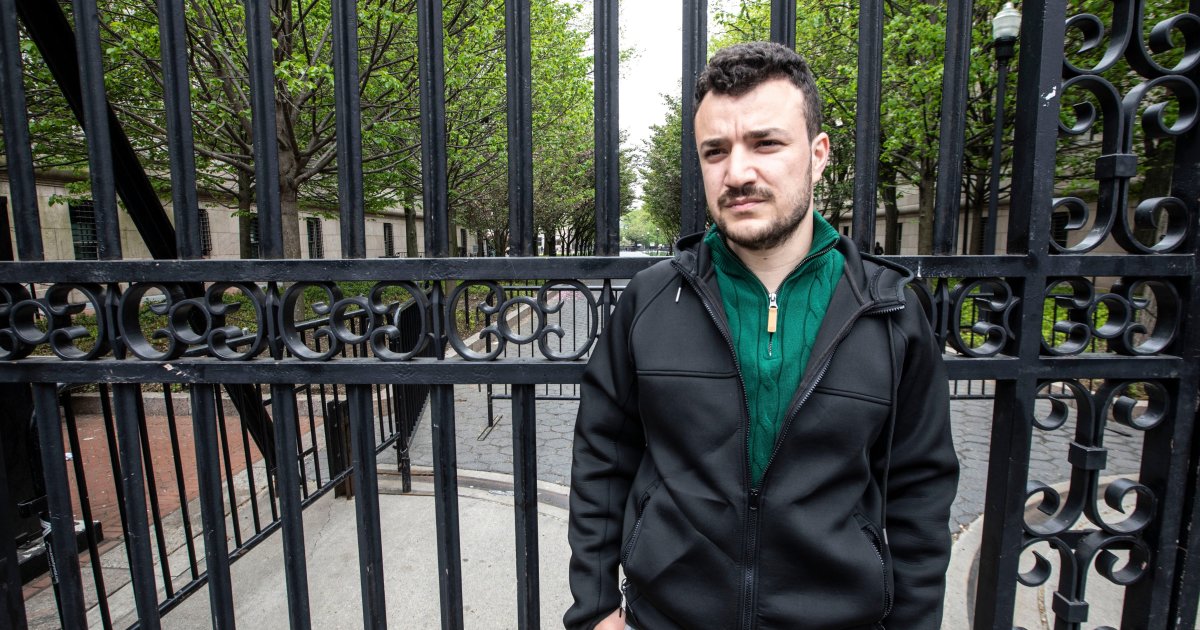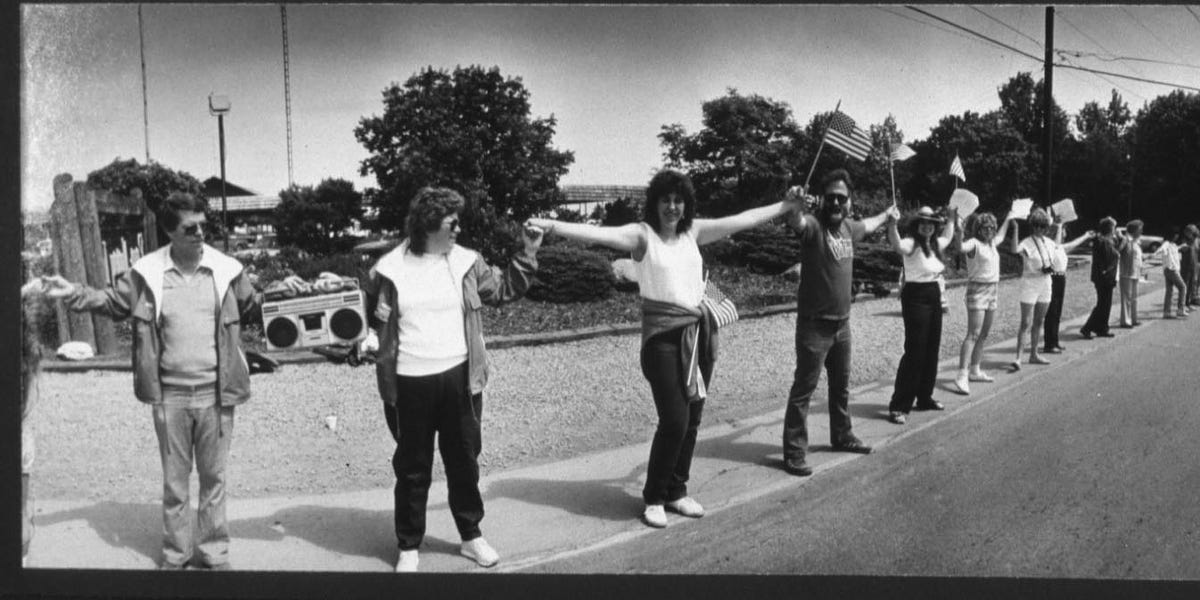Yellowhammer Fund won in court, and will begin funding abortions again.
Here’s the news:
Shared Article from New York Times
Alabama Can’t Prosecute Those Who Help With Out-of-State Abort…
The state attorney general had raised the possibility of charging doctors with criminal conspiracy for recommending abortion care out of state.
Emily Cochrane @ nytimes.com
Alabama cannot prosecute doctors and reproductive health organizations for helping patients travel out of the state to obtain abortions, a federal judge ruled on Monday.
Alabama has one of the strictest abortion bans in the country, and in 2022 its attorney general, Steve Marshall, a Republican, raised the possibility of charging doctors with criminal conspiracy for recommending abortion care out of state.
Multiple clinics and doctors challenged Mr. Marshall’s comments in court, accusing him of threatening their First Amendment rights, as well as the constitutional right to travel. The Justice Department under the Biden administration had also weighed in with support for the clinics, arguing that “threatened criminal prosecutions violate a bedrock principle of American constitutional law.”
On Monday, the judge, Myron H. Thompson of the Middle District of Alabama, in Montgomery, ruled that Mr. Marshall would be violating both the First Amendment and the right to travel if he sought prosecution.
. . .
The clinics that first challenged Mr. Marshall’s comments, in 2023, included the Yellowhammer Fund, an organization founded in Tuscaloosa that helps fund and support abortion access in the Deep South, and the West Alabama Women’s Center in Tuscaloosa, now known as WAWC Healthcare. The plaintiffs also included Dr. Yashica Robinson, an obstetrician-gynecologist in Huntsville.
In court filings, they said they either had stopped operating an abortion fund or had begun declining to answer questions about how patients could seek care out of state. Collectively, the plaintiffs still receive several calls a week asking for help; the court ruling on Monday put the figure at as many as 95 a week.
“Every day was agonizing,” said Kelsea McLain, the health care access director for the Yellowhammer Fund. The ruling, she said, brought “just an overwhelming sense of relief.”
“We are free to do exactly what we feel called to do, in ways that we are experts in,” she added. “People won’t be alone.”
Mr. Marshall’s office said it was “reviewing the decision to determine the state’s options.”
Notably, in a 2022 opinion concurring with the decision to overturn Roe, Justice Brett Kavanaugh wrote that he did not believe a state could constitutionally bar a resident from traveling for an abortion. Judge Thompson noted this in his ruling on Monday.
— Emily Cochrane, Alabama Can’t Prosecute Those Who Help With Out-of-State Abortions, Judge Rules
New York Times, 1 April 2025.
From an e-mail I received today from Yellowhammer Fund, an abortion fund in Alabama that suspended funding after the Dobbs decision while they sought a legal opinion:
Yellowhammer Fund
WE WON!
. . .
We just WON our lawsuit against Alabama’s Attorney General which means that we’ll be able to reopen our Abortion Access Hotline and fund abortions for Alabamians again!!
While this decision was the best case scenario, it means that we need a LOT of money to help Alabama abortion seekers. Right now, our goal is to raise $250,000 to get our abortion line back up and running.
We’ll be assisting folks with clinic costs, traveling multiple states away to get to a clinic, childcare costs, lodging, and much more. Within less than an hour after receiving the news, we’ve already pledged $1,000 to a patient who had a funding gap. Help us help 250 more clients by giving now!
Wanna support abortion access for Alabamians (again!!)? Donate now!



